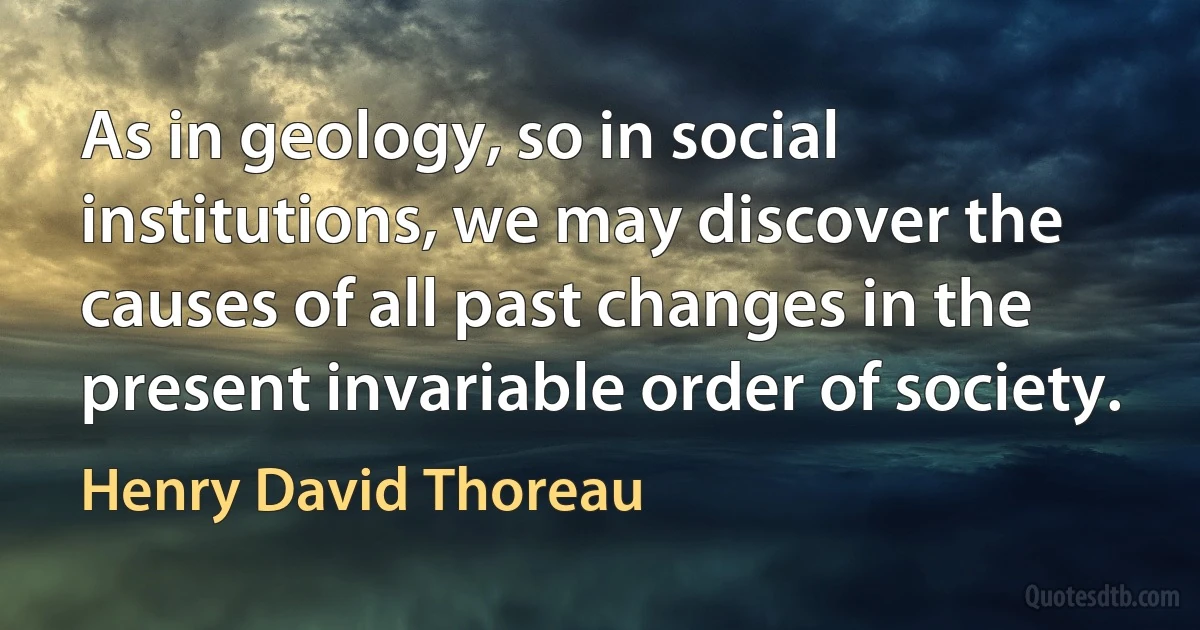Invariable Quotes
This absence of similarity among military questions naturally brings out the inability of memory to solve them; also the sterility of invariable forms, such as figures, geometrical drawings (épures), plans (schémas), etc. One only right solution imposes itself : namely, the application, varying according to circumstances, of fixed principles.

Ferdinand Foch
Of all the ills of man which can be successfully processed by Scientology, arthritis ranks near the top. In skilled hands, this ailment, though misunderstood and dreaded in the past, already has begun to become history. Twenty-five hours of Scientology by an auditor who fairly understands how to process arthritis can be said to produce an invariable alleviation of the condition. Some cases, even severe ones, have responded in as little as two hours of processing, according to reports from auditors in the field.

L. Ron Hubbard
Modern man, seeking a middle position in the evaluation of sense impression and thought, can, following Plato, interpret the process of understanding nature as a correspondence, that is, a coming into congruence of pre-existing images of the human psyche with external objects and their behaviour. Modern man, of course, unlike Plato, looks on the pre-existent original images also as not invariable, but as relative to the development of a conscious point of view, so that the word "dialectic" which Plato is fond of using may be applied to the process of development of human knowledge.

Wolfgang Pauli
Arthur Schlesinger, Jr., in a mordant protest written soon after the [1952] election, found the intellectual "in a situation he has not known for a generation.” After twenty years of Democratic rule, during which the intellectual had been in the main understood and respected, business had come back into power, bringing with it "the vulgarization which has been the almost invariable consequence of business supremacy.”.

Richard Hofstadter
...the principle of nationality and the principle of reverence for antiquity-the principle of what I may call local patriotism-is not only an ennobling thing in itself, but has a great economic value. ... The attachment to your country, the attachment among British subjects to Britain, but also the attachment among Welsh-born people to Wales, has in it, in some degrees, the nature both of an appeal to energy and an incentive to its development, and likewise, no few elements of a moral standard; for the Welshman, go where he may, will be unwilling to disgrace the name. It is a matter of familiar observation that even in the extremest east of Europe, wherever free institutions have supplanted a state of despotic government, the invariable effect has been to administer an enormous stimulus to the industrious activity of the country.

William Ewart Gladstone
Impressed with a conviction that the due administration of justice is the firmest pillar of good Government, I have considered the first arrangement of the Judicial department as essential to the happiness of our Country, and to the stability of its political system; hence the selection of the fittest characters to expound the law, and dispense justice, has been an invariable object of my anxious concern.

George Washington
They [mathematicians] only take those things into consideration, of which they have clear and distinct ideas, designating them by proper, adequate, and invariable names, and premising only a few axioms which are most noted and certain to investigate their affections and draw conclusions from them, and agreeably laying down a very few hypotheses, such as are in the highest degree consonant with reason and not to be denied by anyone in his right mind. In like manner they assign generations or causes easy to be understood and readily admitted by all, they preserve a most accurate order, every proposition immediately following from what is supposed and proved before, and reject all things howsoever specious and probable which can not be inferred and deduced after the same manner.-Barrow, Isaac.

Isaac Barrow
I love sleep because it is both pleasant and safe to use. Pleasant because one is in the best possible company and safe because sleep is the consummate protection against the unseemliness that is the invariable consequence of being awake. What you don't know won't hurt you. Sleep is death without the responsibility.

Fran Lebowitz
The great error of the wisest known nations of antiquity, the Greeks and Romans, was the preference invariable given to the imagined interests of an imaginary existence called the state or country, and the real interests of the real existences, or human beings, upon whom, individually and collectively, their laws could alone operate. Another error was the opposition in which they invariably placed the interests of their own nation to the interests of all other nations; and a third and greater error, was the elevating into a virtue this selfish preference of their own national interests, under the name of patriotism. The moderns are growing a little wise on these matters, but they are still very ignorant.

Frances Wright
Those who seek education in the paths of duty are always deceived by the illusion that power in the hands of friends is an advantage to them. As far as Adams could teach experience, he was bound to warn them that he had found it an invariable disaster. Power is poison. Its effect on Presidents had been always tragic, chiefly as an almost insane excitement at first, and a worse reaction afterwards.

Henry Adams



